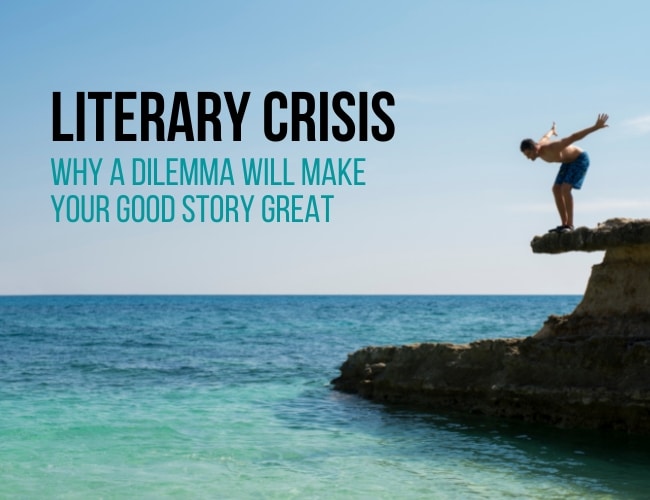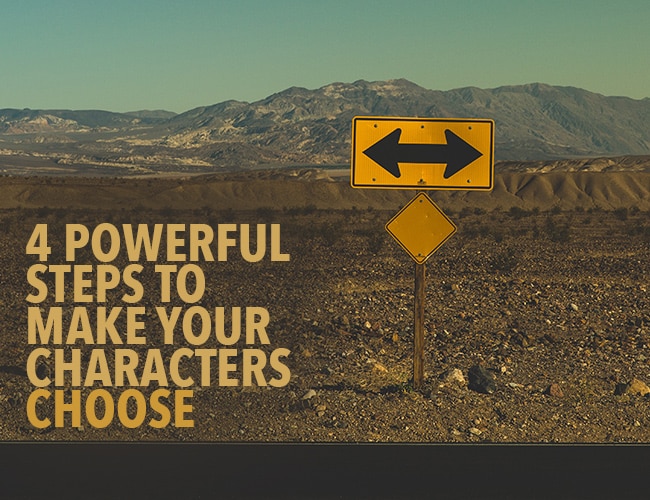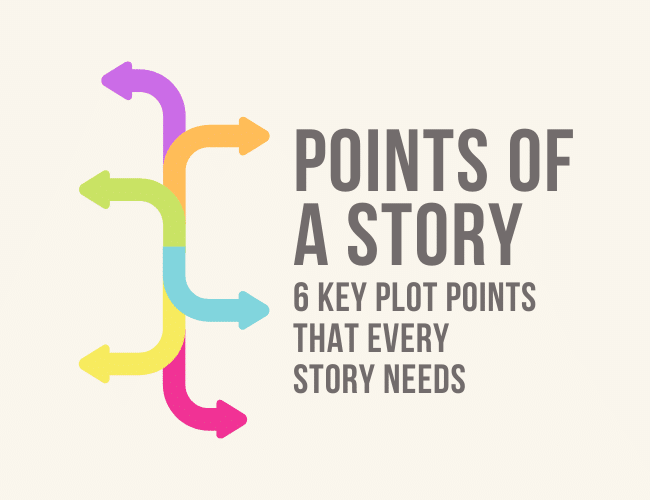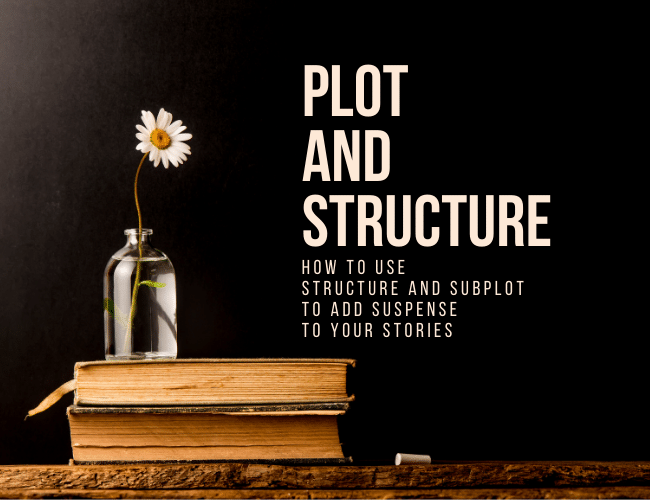
by Joe Bunting |
So you wrote a story or a novel or a book. You’re proud. You’re excited. Visions of publishing dance in your head. Then you go back and read your story or novel or book, and you think, “Well, this is good and I feel proud of it. But it doesn’t match up to the stories/novels/books I know and love.”
You wrote a GOOD story, but not a GREAT one. Worse, you don’t know why. It might be that you’re missing a crisis.

by David Safford |
What if there was one thing you could change about your writing that could almost instantly make it better?
There is! There is a storytelling element that I’ve seen as an entrant and judge of multiple fiction contests that makes stories work and win, standing out above the rest.
And that single, difference-making element is a Powerful Choice.

by Joe Bunting |
One thing writers have told me consistently is that knowing story structure and the major plot points—or points of a story—makes writing great stories easier. But what are the main points of a story? How can you get them into your books?
I’ve personally found story structure to be incredibly helpful, not just in writing novels and screenplays, but also in memoir and even, sometimes, writing nonfiction books.
In this guide, we’re going to talk about the basic points of a story and how to use story structure to make your writing easier and more effective. I’ll share the six major plot points and talk about a few other points you might look for when writing a book that will give you a general roadmap to writing your story.

by Joslyn Chase |
You can’t write a great story if you don’t master plot and structure. But what is the best structure for a novel? How do you plot a novel?
Figuring out your plot and structure is essential for your story’s success. Even if you have an exciting idea for a story, great characters, and a memorable setting, you need to put your protagonist through events that have high and escalating stakes.
Without a sound plot and structure, you won’t thrill your readers. Today, we’ll look at story structure and learn how you can build an effective plan for a story packed with suspense, with all the right twists in all the right places.






